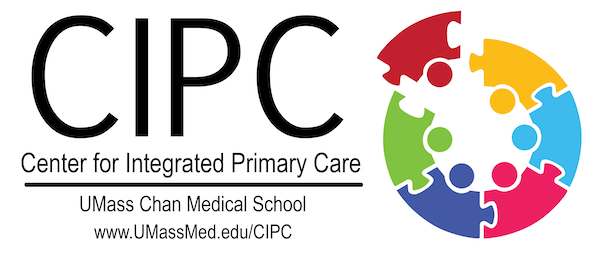Implementing MOUD in Primary Care: A supplement to DATA waiver training
In December of 2020, the CDC issued a stark press release.
“Over 81,000 drug overdose deaths occurred in the United States in the 12 months ending in May 2020, the highest number of overdose deaths ever recorded in a 12-month period, according to recent provisional data...While overdose deaths were already increasing in the months preceding the 2019 novel coronavirus disease (COVID-19) pandemic, the latest numbers suggest an acceleration of overdose deaths during the pandemic.”
Our expertise in MOUD
Before the opioid epidemic was in the public’s view, CIPC faculty were actively working to stem the OUD tide. As engaged practitioners in UMass Memorial family medicine practices, they were acutely aware of the illegal substance use toll on every sector of the population and began to work side by side with primary care colleagues to address this epidemic.
In 2000, the Drug Addiction Treatment Act made it possible for qualified practitioners to offer patients with OUD buprenorphine one of three medications approved by the FDA for the treatment of opioid use disorder. The SUPPORT for Patients and Communities Act of 2018 expanded the use of medication-assisted treatment to additional practitioners. Physicians and advanced practice nurses require specialized training (a DATA X-waiver course) to apply to the Drug Enforcement Agency for a waiver to prescribe buprenorphine,
In addition to leading a team that built a DATA waiver course for medical students, CIPC faculty have written articles and blog posts, given multiple presentations about MOUD in primary care, created online resources for clinicians and patients and worked with institutions large and small across the country
Unhealthy substance use including opioid use disorder, can and is being treated successfully in primary care practices. Often further training, reassurance, and guidance are needed to prepare the health care team. Prejudices and preconceptions about “users” need to be addressed. Terms like “harm reduction” can be introduced, understood, and become embedded into the culture of family medicine and primary care. Patient-centered solutions, both medical and psychosocial, go beyond what physicians and advanced care nursing staff might learn in the required waiver training to ensure all patients are welcome and supported.
We can help your organization respond to OUD
CIPC can point to successful programs we have developed. We use what we have learned from those clients to address your organizations needs and help adopt and adapt to delivering MOUD:
- Harm reduction
- Motivational Interviewing
- Social determinants of health and MOUD
We can offer training for primary care practices that manage patients with opioid use disorder (OUD). Based on experience and research, CIPC can build a program, supplemental to DEA X-waiver training for clinicians, that addresses the issues treating substance use may present in primary care. Content can be delivered remotely or in-person. Costs vary.
How do we access your services?
Please email us cipc@umassmed.edu to begin a conversation about how our expertise and dedication to MOUD can help your organization.
